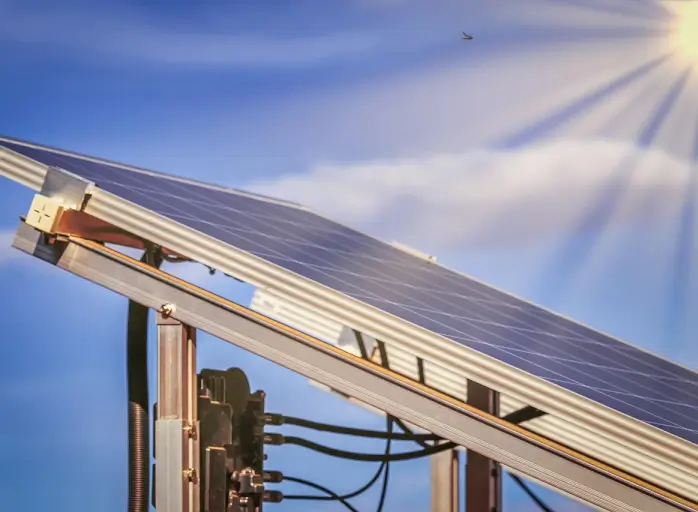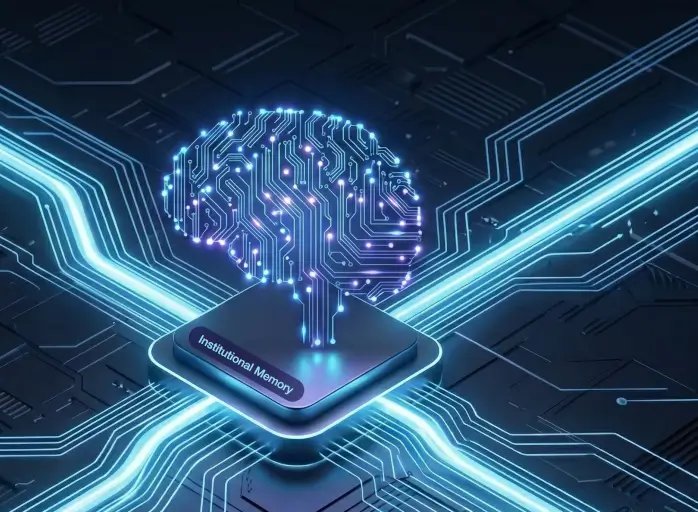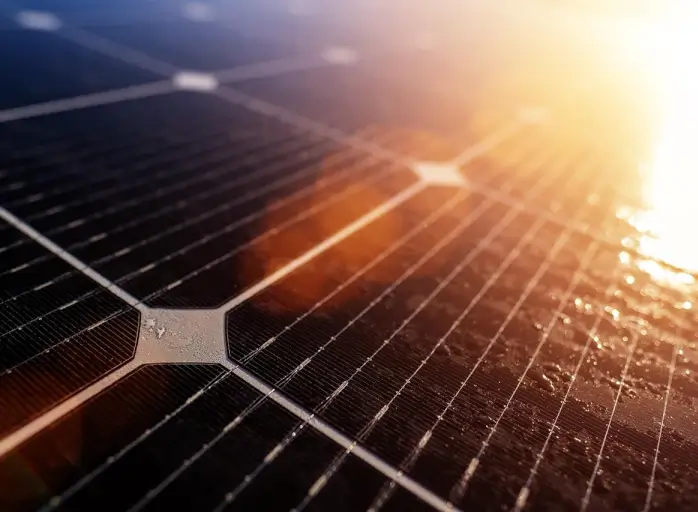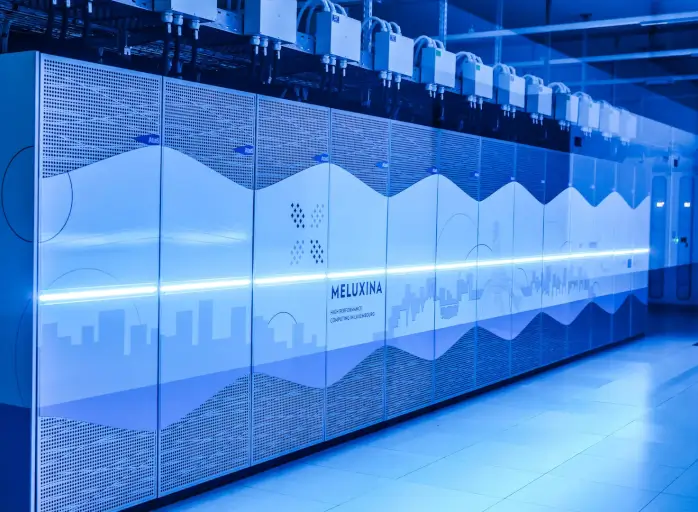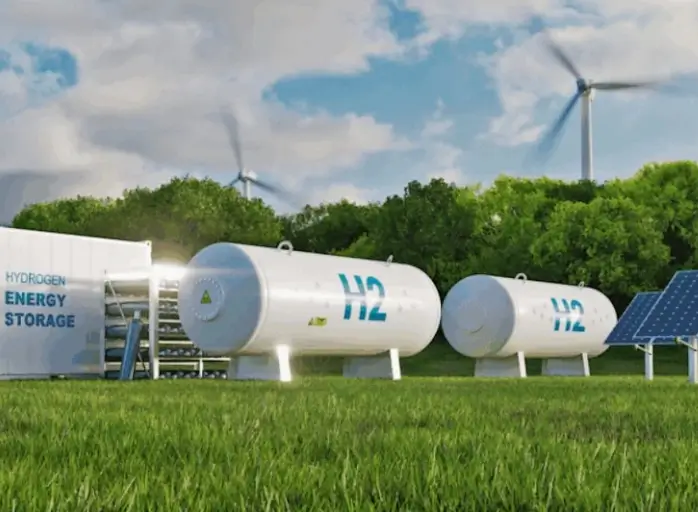
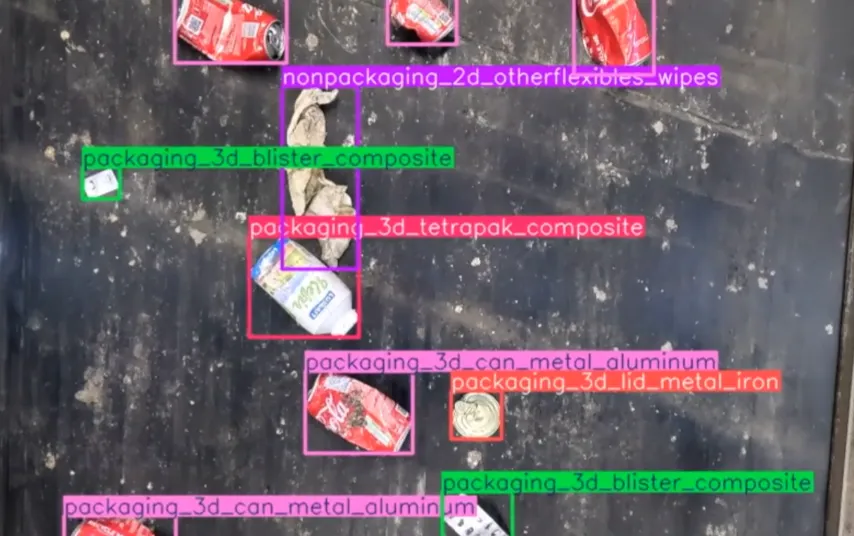
CRAB: Portable AI for waste analysis
The University of Luxembourg spin-off is revolutionising and simplifying the complex traceability of residual waste streams.
[This article is part of a content series developed in collaboration with FEDIL, showcasing how artificial intelligence is contributing to the digital transformation of Luxembourg’s economy.]
Founded in 2024 by Dr. Jeff Mangers and Dr. Alexej Simeth and Prof. Atal Kumar, CRAB Traceability Systems is the result of a research project at the University of Luxembourg. This deep-tech start-up specialises in waste stream traceability and environmental data analysis.
Drawing on years of academic research and the expertise of its multidisciplinary team, CRAB develops intelligent, scalable solutions to support circular economy initiatives and improve waste management practices.
Persistent problems in waste management
Despite the widespread use of recycling bins and sorting systems, the actual composition and destination of waste remain largely unknown. Traditional waste audits - such as Luxembourg’s national residual waste analysis conducted every three years - require significant human resources, typically involving ten people over a month to analyse waste from 15 municipalities. These methods are costly, time-consuming, and offer limited data granularity, making it difficult for municipalities and industry players to make informed decisions or track progress.
 A mobile AI-powered waste analysis system
A mobile AI-powered waste analysis system
To address this gap, CRAB developed the “Portable AI Waste Analysis System,” a mobile camera device equipped with a custom AI vision model.
This system can rapidly identify, classify, and quantify waste materials in real time, with minimal setup and operational cost. This approach allows to determine the value of what most people consider waste and empower circularity. In a recent pilot, the system analysed 175 kilograms of residual waste - about a quarter of a municipality’s output - in just 15 minutes, a task that would take several people an entire morning manually.
The solution is designed for flexibility and ease of deployment, enabling on-site assessments without the need for large infrastructure or specialised personnel. It supports various use cases, including packaging analysis (e.g., blue bag sorting), bulky waste audits, and litter detection in public spaces.
A full ecosystem for waste intelligence
CRAB’s innovation goes beyond hardware. The company has built a comprehensive ecosystem that includes:
- A mobile app for automated image and video analysis.
- An API for integrating AI models into external platforms.
- A web-based dashboard for visualising and interpreting collected data.
- A traceability AI model that tracks material flows within sorting and recycling facilities.
These tools are already being tested in collaboration with local authorities and industry partners. CRAB is also working on integrating expert knowledge directly into its models through causal AI techniques, enhancing reasoning and decision-making capabilities.
Patent-pending technology with modular design
In April 2025, CRAB filed a patent application for its mobile AI-powered camera system and adaptive resource stream analysis method. The system’s modular design allows for easy upgrades, such as improved camera components, and supports both local and cloud-based processing. For cloud operations, CRAB leverages the Meluxina Supercomputer provided by LuxProvide, ensuring secure and high-performance data handling within Luxembourg.
Scalability and international interest
CRAB currently employs six full-time staff and maintains strong ties with the University of Luxembourg, supervising master’s theses and contributing to AI education. Following a series of free pilot projects designed to validate its models and understand customer needs, the company plans to expand its team with the start of first paid projects.
The system’s efficiency translates into significant cost savings. For example, a 250 kg - bale quality control task that typically requires several people during a whole morning and costs around €1,500 can be completed in 30 minutes for just €150 using CRAB’s solution with one person and a camera. These results demonstrate the potential for widespread adoption across municipalities, recycling centres, and industrial facilities.
CRAB’s technology has already attracted attention beyond Luxembourg. Discussions are underway with stakeholders in Norway and the United States, and the company is in contact with sorting machine manufacturers to support large-scale production. The first hardware prototypes are operational, and the software components - including the API and app - already in use.
AI that makes resources visible
By combining artificial intelligence, mobility, and modular design, CRAB Traceability Systems offers a transformative approach to waste analysis. The company’s solution enables faster, more frequent, and more accurate assessments, empowering stakeholders to make data-driven decisions and improve sustainability outcomes. With precision rates already reaching 94% for certain models, CRAB is setting a new standard for intelligent environmental monitoring. Better sorting and recycling reveal hidden resources, making them reusable in a circular system.


